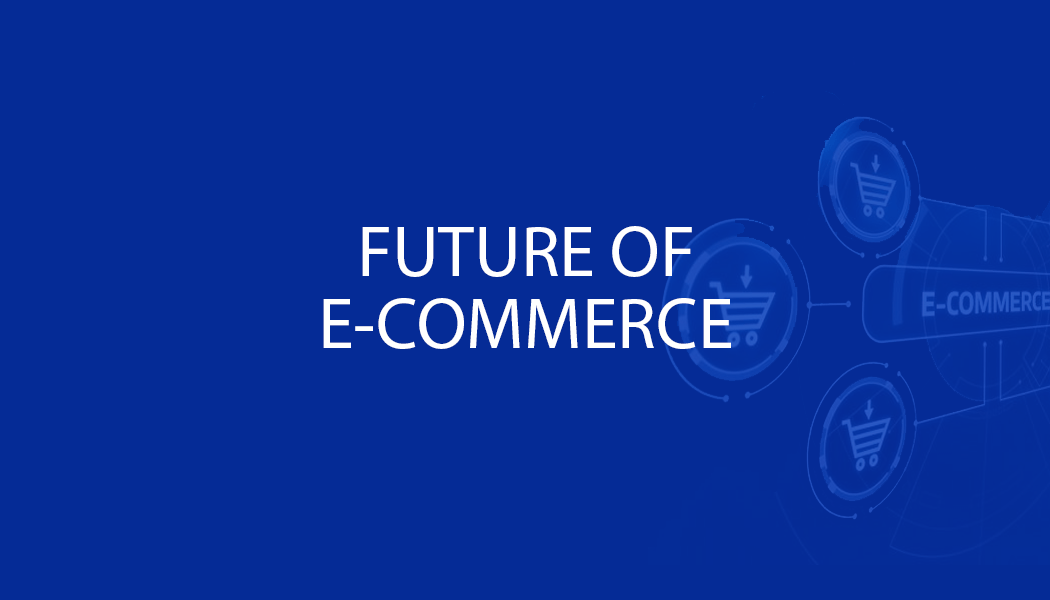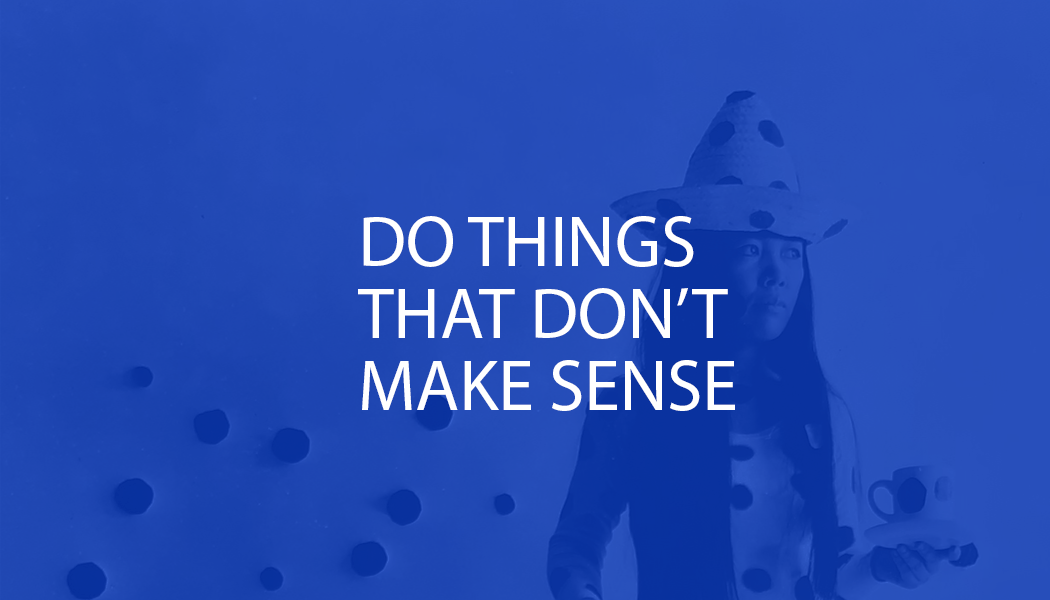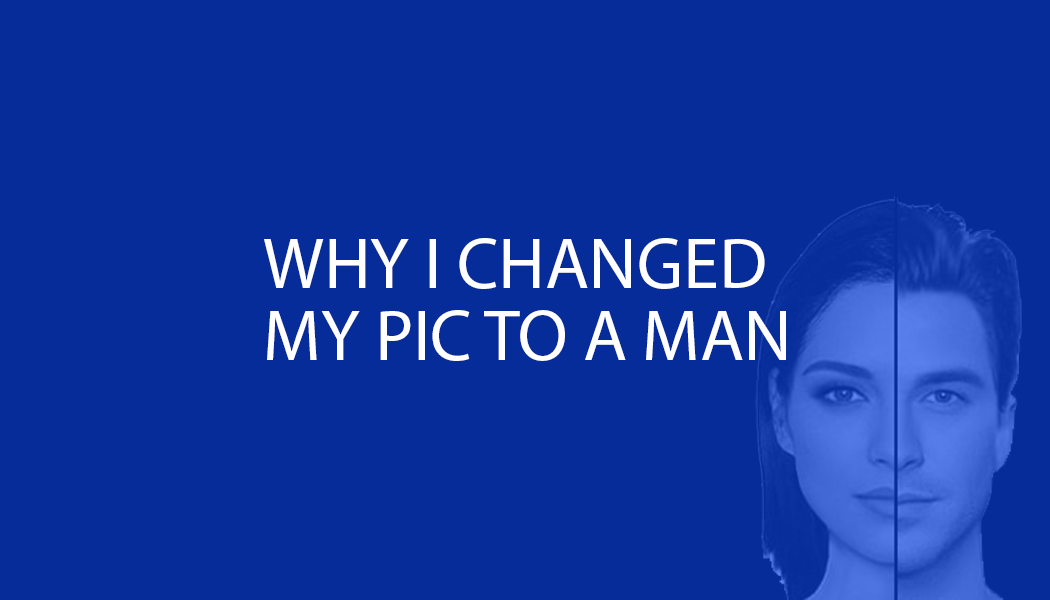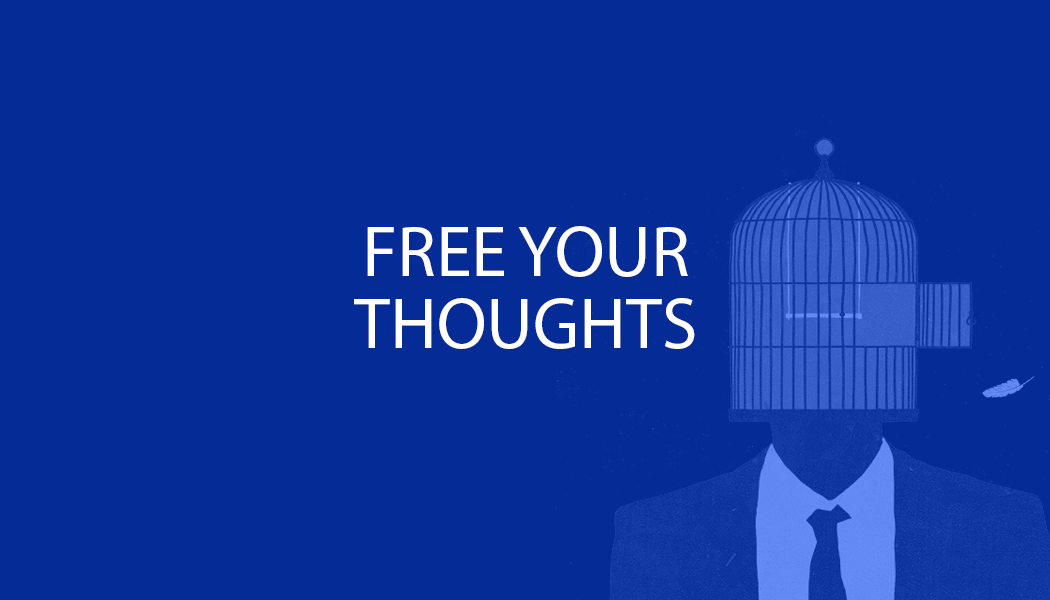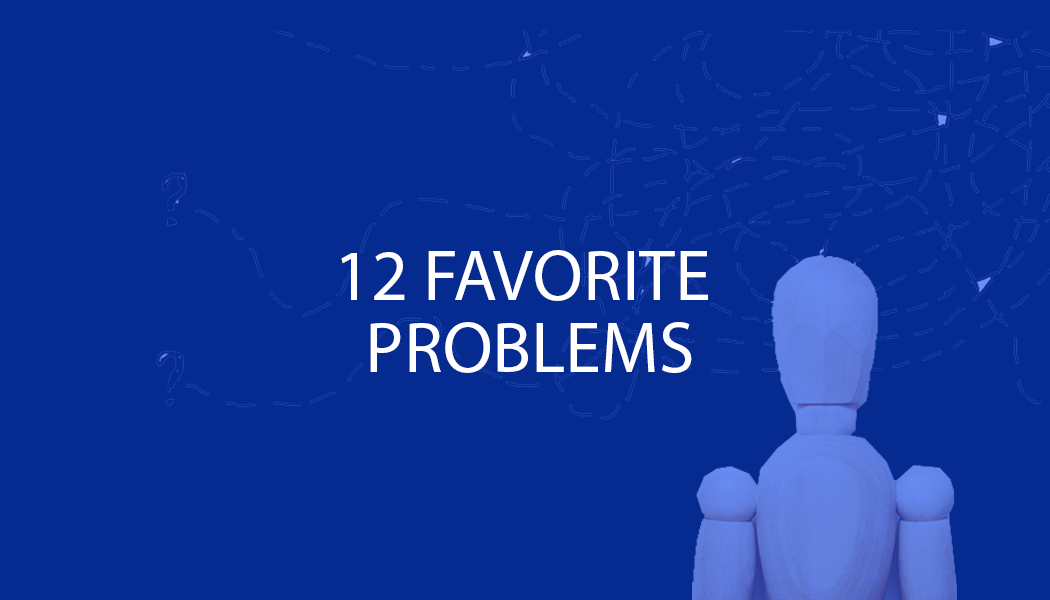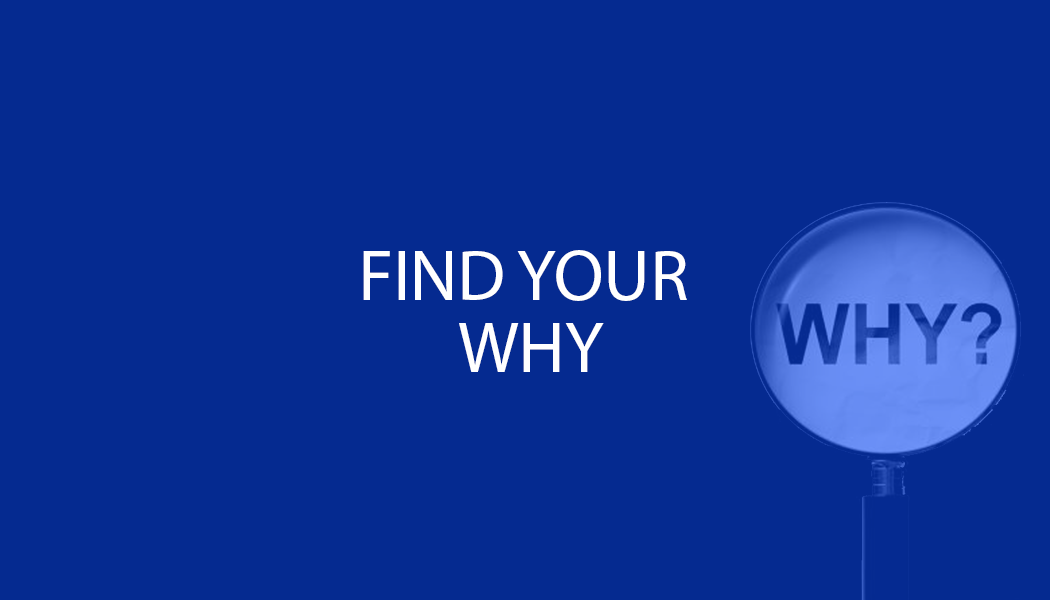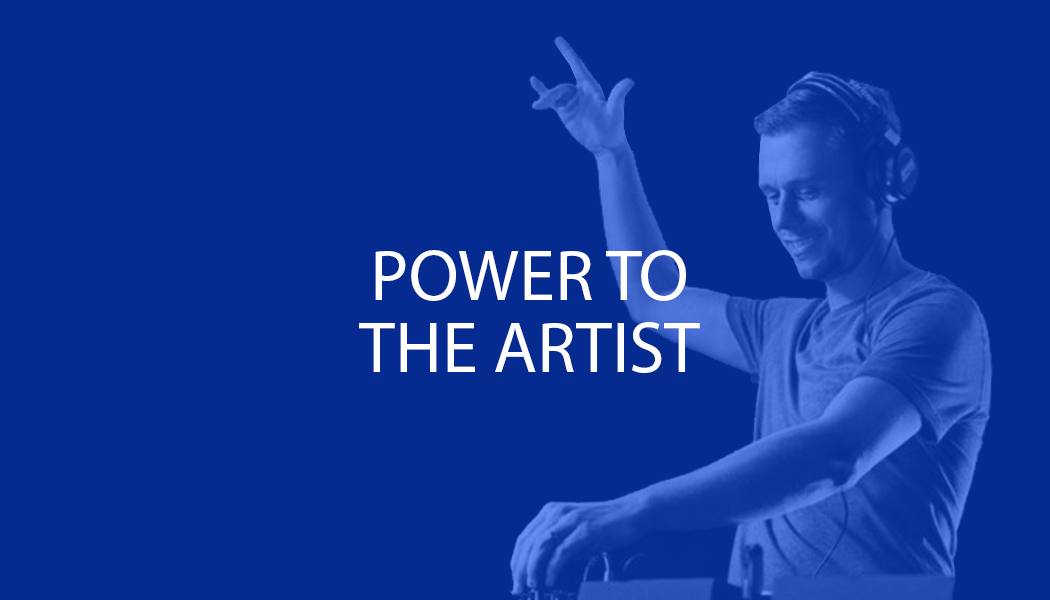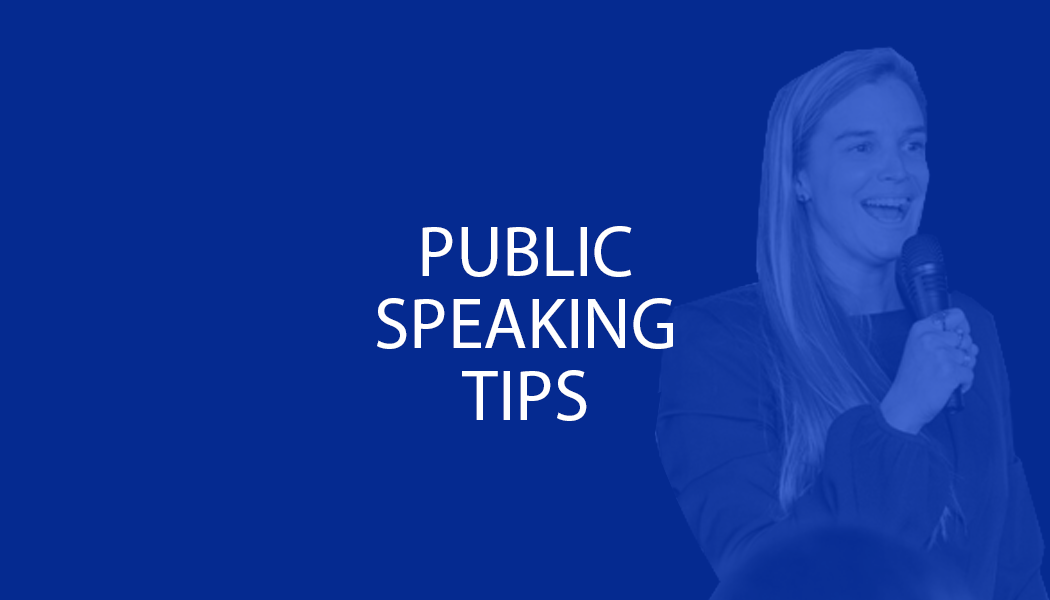We become accustomed to asking the person’s narrative/story/career in order to categorize them within our minds. I feel social media plays a significant role here, enabling “likes” and dopamine responses based on ones identity or personal brand. Social media may play into one having a stronger attachment to the identity.
But these identities and narratives can hold us back. I believe one’s identity can benefit from being fluid vs. static.
“You can tweet out into the world and then many others will react, so you feel your sense of identity is growing. This divisiveness is created by humans who don’t know who they are. They have not had access to the deeper dimensions within themselves.”
Eckhart Tolle
If having one clearly defined personal brand/identity/narrative that you only get “one shot at to make a first impression,” then why are some of the most successful stories in history comeback stories?
If having one clearly defined personal brand/identity/narrative was the path to great success, why are so many of the greatest artists, inventors, entrepreneurs, and scientists polymaths? They write about how they found great value, power, and insight from switching industries, names, and brands/narratives. They did not let themselves get attached to a narrative or have one single identity.
“Don’t let the noise of others’ opinions drown out your own inner voice.”
[Stanford University commencement speech, 2005]”
― Steve Jobs
If having one clearly defined personal brand/identity/narrative was the path to great success, why did David Bowie make a point to change his identity every five years?
“At the time, it was relatively regular practice to take on a stage name, but Bowie took that tradition one step further: David Bowie wasn’t just a pseudonym. The name change was linked to his penchant for creating an ever-changing persona, rock historian.” John Covach told TIME.
“What started out as a simple name change became a character,”
David Bowie – Time
But in reality, it is hard to have a fluid identity. Why? It’s hard to change.
#1: You Are Not Who You Think You Are
A close advisor to my company mentioned on the phone to me in 2015, “You are not who you think you are.” I hung up the phone and started to cry.
Who am I?
I had a massive wave of emotion as I thought I knew who I was, and it was an empty feeling, at the time, not to know who I was. But that’s precisely it. I was holding onto an identity of who I thought I was for the safety and security in it. My story/identity was known to my peers and accepted. But this attachment to the identity that I had built and society had accepted, in actuality, was limiting.
When I detached from the box that my self-created “identity” held me in – I was free.
“I am a person before I am anything else. I never say I am a writer. I never say I am an artist…I am a person who does those things.”
― Edward Gorey
#2: Let Go
In 2014, I founded and launched Roomhints. The first iteration of Roomhints was a mobile app where people uploaded a photo of their room and got hints/ideas directly from a designer about what furniture items to purchase. The app was doing fine. It had a pleasant organic influx of new customers per day and existing customers. But I knew I wanted more than to help people solve their interior design questions through an app. As time passed, I was no longer as fulfilled and excited as at the beginning.
I wanted to build something bigger and with more meaning. But how do you get to the bigger version of you from the present version of you?
To grow and become who I wanted to be in this life and not who others wanted me to be, I had to let go of the current me. Let go of any beliefs of who I am based on how I presented myself to society. I had to open up to letting my identity be fluid and expansive.
This is a growth mindset that takes a tremendous amount of courage.
“This is a mindset that is not for everyone. Most people fear change. But if you thrive on it, it makes it easier to change each time you need to.”
Sam Walton. Founder Walmart
Humans are not the best at changing, even though change is the only constant. With any change comes fear or resistance, at first, from friends, family, and associates. They might not know how to relate to you anymore and, in fear, will try to deter you from changing and growing. They mean well, and they might not be on the same path you are on, so stick to your knowing. Listen to your heart. And quite honestly, it will be tough to avoid making this change. Your inner voice will haunt you every day until you do.
Also, if you don’t let go, you will miss out on opportunities right before you.
From the movie Rocketman:
Wilson: I’m a skinny black kid from Detroit whose real name is Rodney Jones. And I played roadside joints for ten years before I realized what I had to do.
Elton John: What, change your name?
Wilson: It’s not just your name. You got to kill the person you were born to be to become the person you want to be.
#3:Accept That You Are Constantly Evolving
“He who defines himself can’t know who he really is.”
Lao Tzu
Personally, I do a lot of different things that do not make any linear sense. I follow my transient interests and learn skills based on these new expanding disciplines. I have an undergraduate degree in Biology from Queens University, a Masters’s in Interior Design from Parsons, the Newschool, and an associate’s degree in Computer Science from UC Berkeley.
My “identity” is constantly evolving. Those close to me would comment, “You are switching your career again?” or “Are you ever going to be happy just sticking with one thing?” Or “It’s not good to move around a lot on your resume.” But I never listened, and over time I noticed they would say, “You will continue to surprise me.” They went from resistance to my constant changes to accepting it, as they knew their voice and opinion of my changes were not being heard. So they may as well get it.
#4: Be Mindful of Your Limiting Beliefs Based on Your Self-Professed Identity
What is a limiting belief? A belief that you have that is not necessarily true. This belief could be from your family, society, or your environment. For example, you are 5’2″ and tell yourself that you are never going to be a good climber because you are too short.
Steve Curry is one of the greatest basketball players of our time and was told in high school he was most likely too short to make it to the NBA. Instead of letting this belief shape the course of his love for basketball – he proved it wrong.
I was told repeatedly that I would never be successful at building a technology startup because I did not know how to code and had no prior experience building a technology startup. This belief could have limited my actions from moving forward. But how would I go after my dream and get experience if I didn’t dive right in and start a startup?
#5: Adopt an Expansive/Fluid Identity That Will Change
“Most people are other people. Their thoughts are someone else’s opinions, their lives a mimicry, their passions a quotation.”
― Oscar Wilde, De Profundis
I started to look at my identity with a more expansive nature.
I am compassionate, loving being helping humans and the planet to build a better future.
Eckhart Tolle notes that when people ask who he is, he will say, “I am a spiritual being living a temporary human experience.” He also notes that most people will have a blank face when he says this as they are not expecting this response.
Sara Blakely does not identify herself as the founder of Spanx. She identifies herself as someone who helps women.
In Conclusion
In conclusion, it is scarce, or in my opinion, dull, to have the same identity or narrative for your entire life. The sooner you can understand that the “self is an illusory entity” by Buddha, the easier it will be to constantly change and grow among the new challenges presented.
Know your values, beliefs, and what you stand for, and be open for your identity to constantly evolve and change.
“I am my own experiment. I am my own work of art.”
― Madonna
Here are two example articles that highlight this point:



